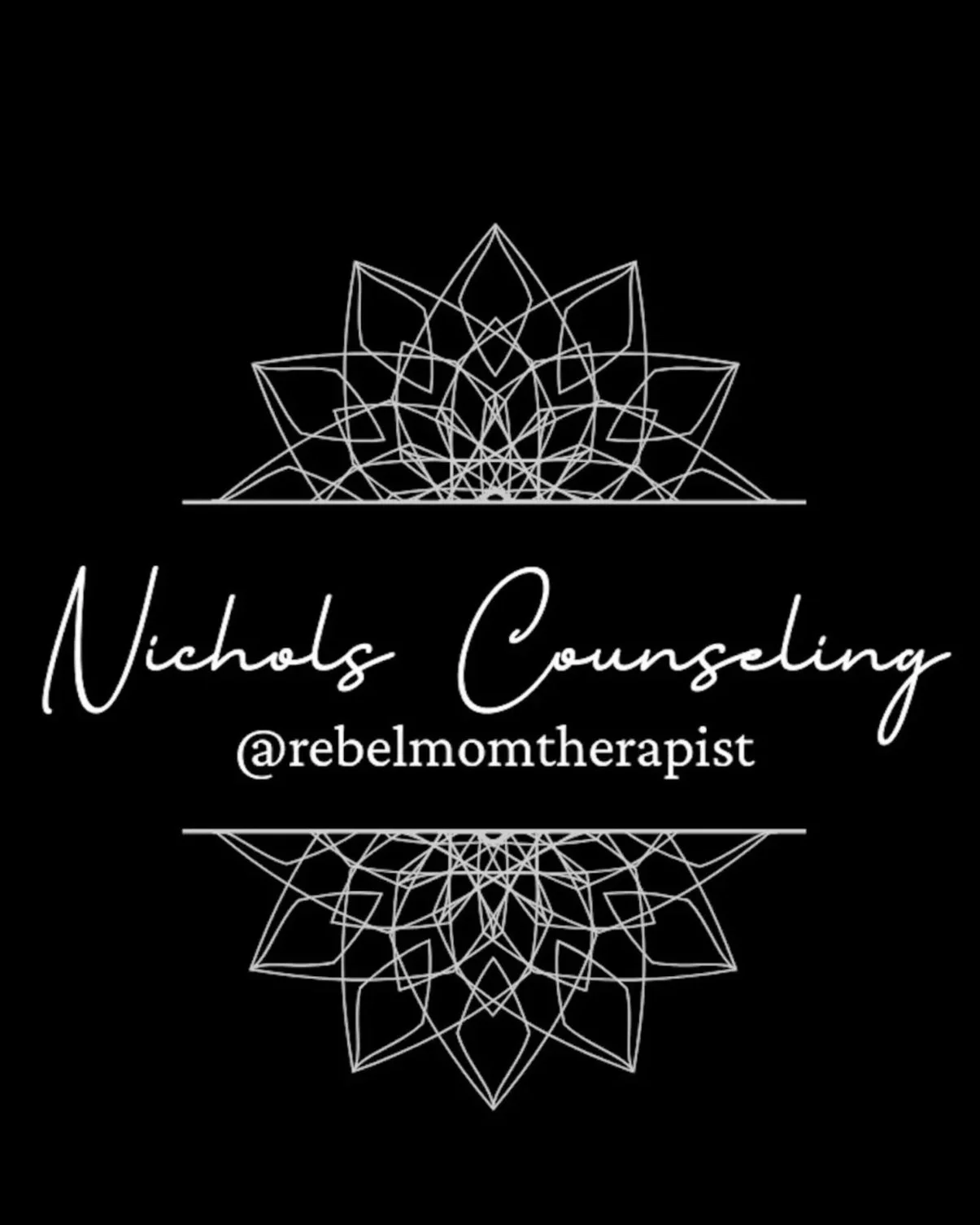Is this normal? Common signs and symptoms motherhood anxiety and how to manage it
Motherhood anxiety, also known as maternal anxiety or postpartum anxiety, is a common condition experienced by many new mothers. It is characterized by excessive worry, fear, and unease about various aspects of motherhood. Often it is related to safety concerns and the well-being of the baby.
It's important to note that some level of anxiety is normal during the postpartum period, but when it becomes overwhelming and starts affecting daily functioning, it may require attention and management.
When the anxiety is outside the realm of “normal”:
Excessive Worry: Constantly worrying about the baby's health, safety, and well-being, even when there is no evident cause for concern. In this case, there is a part of you that knows it’s “irrational”, but you just can’t seem to control the worry.
Restlessness and Irritability: Feeling on edge, having difficulty relaxing, and becoming easily irritated by minor things. This can be sleep deprivation too!
Physical Symptoms: Experience of physical symptoms like racing heart, sweating, trembling, dizziness, or nausea and just general unease.
Sleep Disturbances: Difficulty falling asleep or staying asleep, even when the baby is sleeping.
Intrusive Thoughts: Disturbing and unwanted thoughts about harm coming to the baby or other negative scenarios. (Interject to add that just having these thoughts DOES NOT increase the likelihood that the “bad” thing will happen)
Avoidance: Avoiding situations or places that trigger anxiety, such as leaving the house or being alone with the baby.
Constant Checking: Repeatedly checking on the baby while sleeping, even to the point of disrupting their sleep.
Fear of Something Bad Happening: Constantly imagining worst-case scenarios and feeling unable to control the situation.(Again… Interject to add that just having these thoughts DOES NOT increase the likelihood that the “bad” thing will happen)
Anxiety doesn’t have to be your default… there are ways to manage it, you don’t have to do this alone.
Practical Solutions for managing, because sometimes we just need some reminders
Reach Out for Support: Talk openly about your feelings with your partner, family members, friends, or a mental health professional. Sharing your concerns can help alleviate some of the anxiety. Sometimes just the act of saying what you are thinking and feeling out loud is enough to get you on the road to feeling more in control.
Educate Yourself: Learn about the normal behaviors and developmental milestones of infants. Having accurate information can help dispel irrational fears. Remember that developmental milestones are “guidelines” and there is a wide range of variation within each stage.
Practice Relaxation Techniques: Deep breathing, meditation, progressive muscle relaxation, and mindfulness can help calm your mind and reduce anxiety.
Set Realistic Expectations: Understand that no one is a perfect parent, in fact “perfect” doesn’t exist and it's okay to make mistakes, you can count on it! Focus on your efforts rather than aiming for perfection.
Establish a Routine: Creating a predictable routine for both yourself and the baby can provide a sense of structure and control.
Prioritize Self-Care: Make time for activities you enjoy, even if it's just for a short period each day. Taking care of yourself helps you be a better caregiver.
Go on an “information diet”: Limit information overload. Avoid constantly searching the internet for baby-related information, as it can contribute to unnecessary worry. If you feel like you have to go online, set a timer for 30 minutes per day and give yourself permission to scroll until the timer goes off… if you have further questions, write them down for tomorrow’s “info time”. Trust your instincts and seek guidance when needed.
Get Adequate Sleep: Sleep deprivation can exacerbate anxiety. Nap when the baby naps and try to establish a sleep routine that works for both you and the baby. Easier said than done!! Seek respite with caregivers and family if possible and remember that you don’t have to do it all!
Engage in Physical Activity: Regular movement can help reduce anxiety by releasing endorphins and improving overall well-being. You can move in short increments with the same benefits! If you can do 4, 5 minute walks… you’ve gotten 20 minutes!
Seek Professional Help: If your anxiety is severely impacting your ability to function, it's important to seek help from a mental health professional. Therapy, counseling, and, if necessary, medication can be beneficial.
Remember that every individual's experience with motherhood anxiety is unique, so it's important to find strategies that work best for you. Don't hesitate to seek help if you feel overwhelmed – taking care of your mental health is essential for both your well-being and that of your baby.
Looking for words of wisdom! What other strategies have worked for you when you were feeling anxious?
XO,
Deborah



